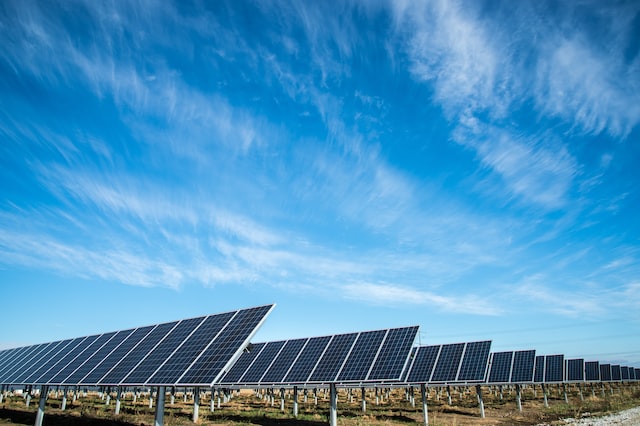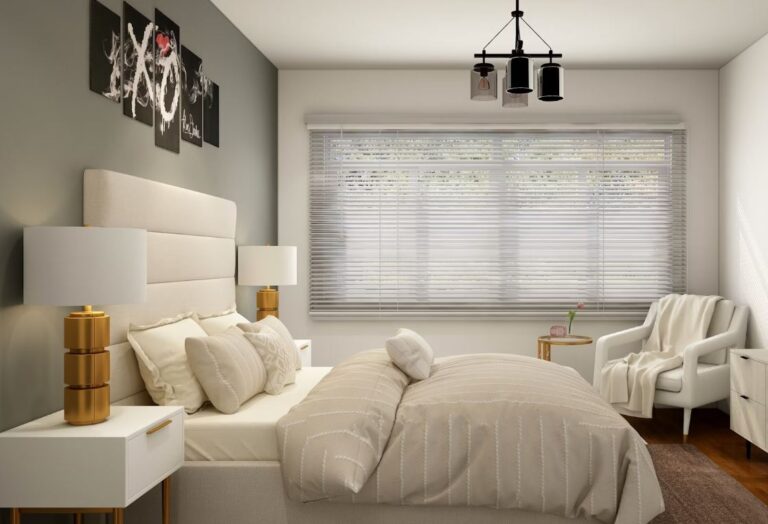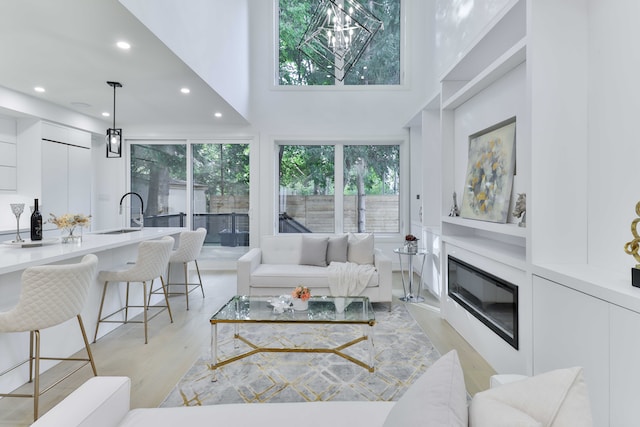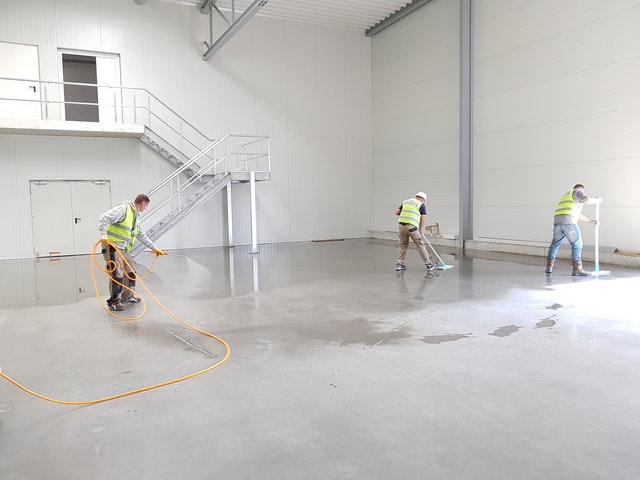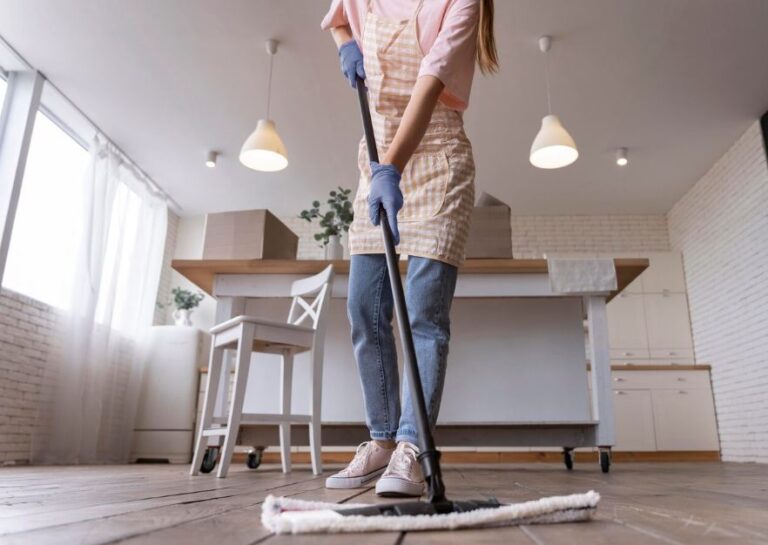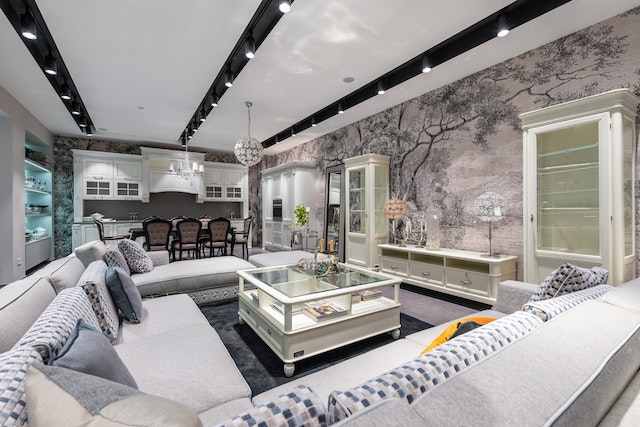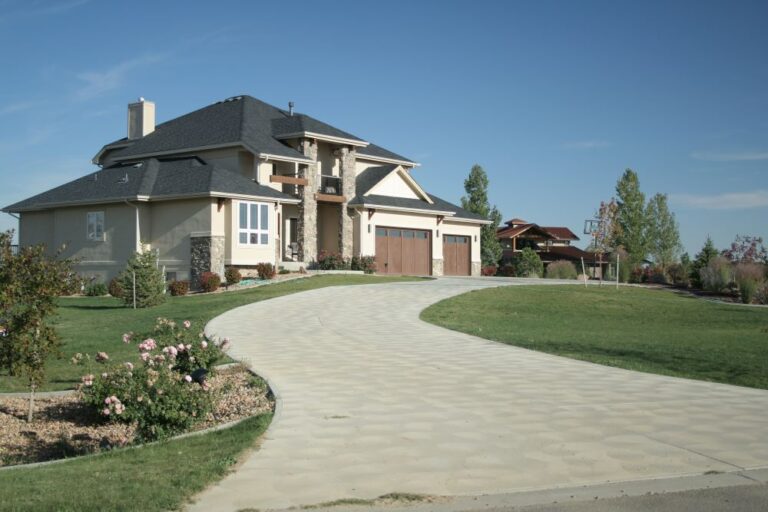How to Know if Solar Power is Right for Your Home
As if the high cost of living wasn’t bad enough, now electric bills are going up. It seems like every month the price of electricity gets higher and higher, and it’s becoming harder and harder to make ends meet. It has become a burden for many families, and some have even had to choose between paying their electric bills and buying food.
But there is a way to fight back against these rising costs. One option is to switch to solar power. Solar power is becoming more and more popular as a way to save money on electricity, and it’s not just for rich people anymore. More and more middle-class families are making the switch to solar.
If you’re thinking about switching to solar power, there are a few things you need to know first. Here are some questions to ask yourself to see if solar power is right for your home:
1. How Much Sunlight Does My Home Get?
This is an important question to consider because the amount of sunlight your home receives will affect how much power you can generate from solar panels. If your home doesn’t get a lot of sun, you might not be able to generate enough power to make it worth your while. You can find out how much sun your home gets by checking the Solar Insolation map from the National Renewable Energy Laboratory.
2. What is My Electricity Bill?
The amount you pay for electricity will also affect whether or not solar power is a good option for you. If your electric bills are high, switching to solar could save you a lot of money. On the other hand, if your electric bills are low, you might not save as much money by switching to solar.
3. How Much Money Can I Afford to Invest in Solar Panels?
Solar panels are not cheap, and they can cost several thousand dollars to install. If you can’t afford to pay that much upfront, you might be able to finance your solar panels with a loan or lease. You can also check with your state or local government to see if there are any solar incentives available.
4. Is My Roof in Good Condition?
Solar panels need to be installed on a roof that is in good condition. If your roof is old or in need of repair, it might not be able to support the weight of solar panels. The condition of your roof is something you should discuss with a solar installer not only to see if your roof is suitable for solar panels but also to get an estimate of the cost of installing them.
5. Do I Live in a Sunny Climate?
While solar panels can still generate power on cloudy days, they will produce more power in sunny climates. If you live in an area with lots of suns, you’ll be able to generate more power and save more money.
6. What are the Building Codes and Zoning Regulations in My Area?
Before you go for a residential solar panel installation in Utah or wherever you are located, you need to make sure that they are allowed by the building codes and zoning regulations in your area. You can check with your city or county Planning Department to find out what the regulations are.
7. What is My Home’s Resale Value?
If you plan on selling your home in the future, you need to consider how solar panels will affect its resale value. Solar panels can increase the resale value of your home, but only if they are properly installed and maintained. You should also be aware that some home buyers might be reluctant to buy a home with solar panels because they don’t want the responsibility of maintaining them.
8. What is the Warranty on My Solar Panels?
Solar panels are a big investment, and you need to make sure that they are covered by a warranty in case something goes wrong. Most solar panels have a warranty that covers them for 20 to 25 years.
9. How Much Maintenance do Solar Panels Require?
Solar panels don’t require a lot of maintenance, but they do need to be cleaned occasionally to keep them working properly. You should also have your system checked by a professional every few years to make sure that everything is working correctly.
10. What Happens if I Move?
If you move to a new home, you can take your solar panels with you or sell them to the new owner of your home. The decision of whether or not to take your solar panels with you will depend on some factors, including the cost of moving them and the building code regulations in your new area.
Installing solar panels can be a big decision, but it can also save you a lot of money on your electric bills. If you’re thinking about switching to solar, take the time to do your research and figure out if it’s right for you. These 10 questions can help you get started.

